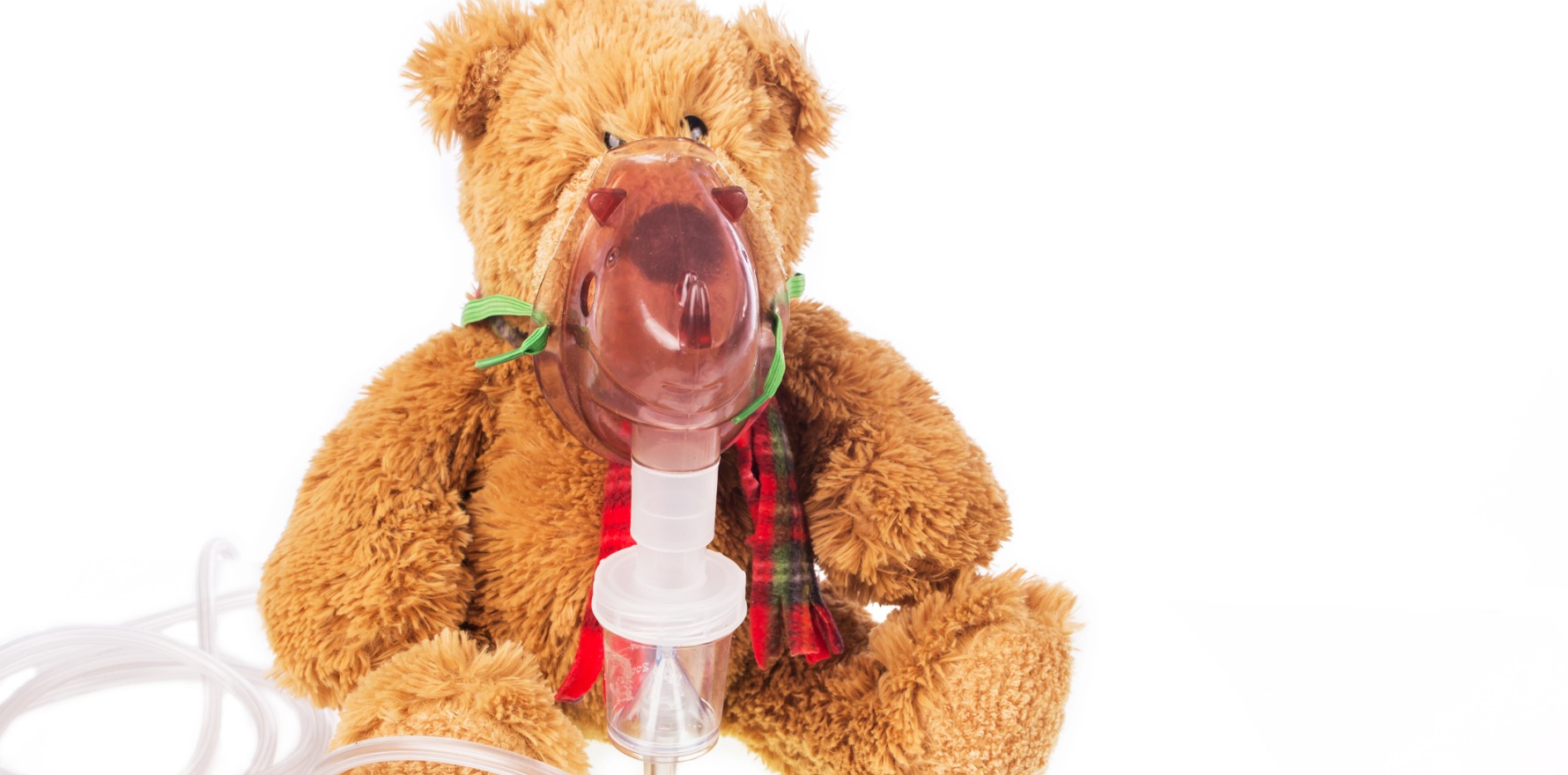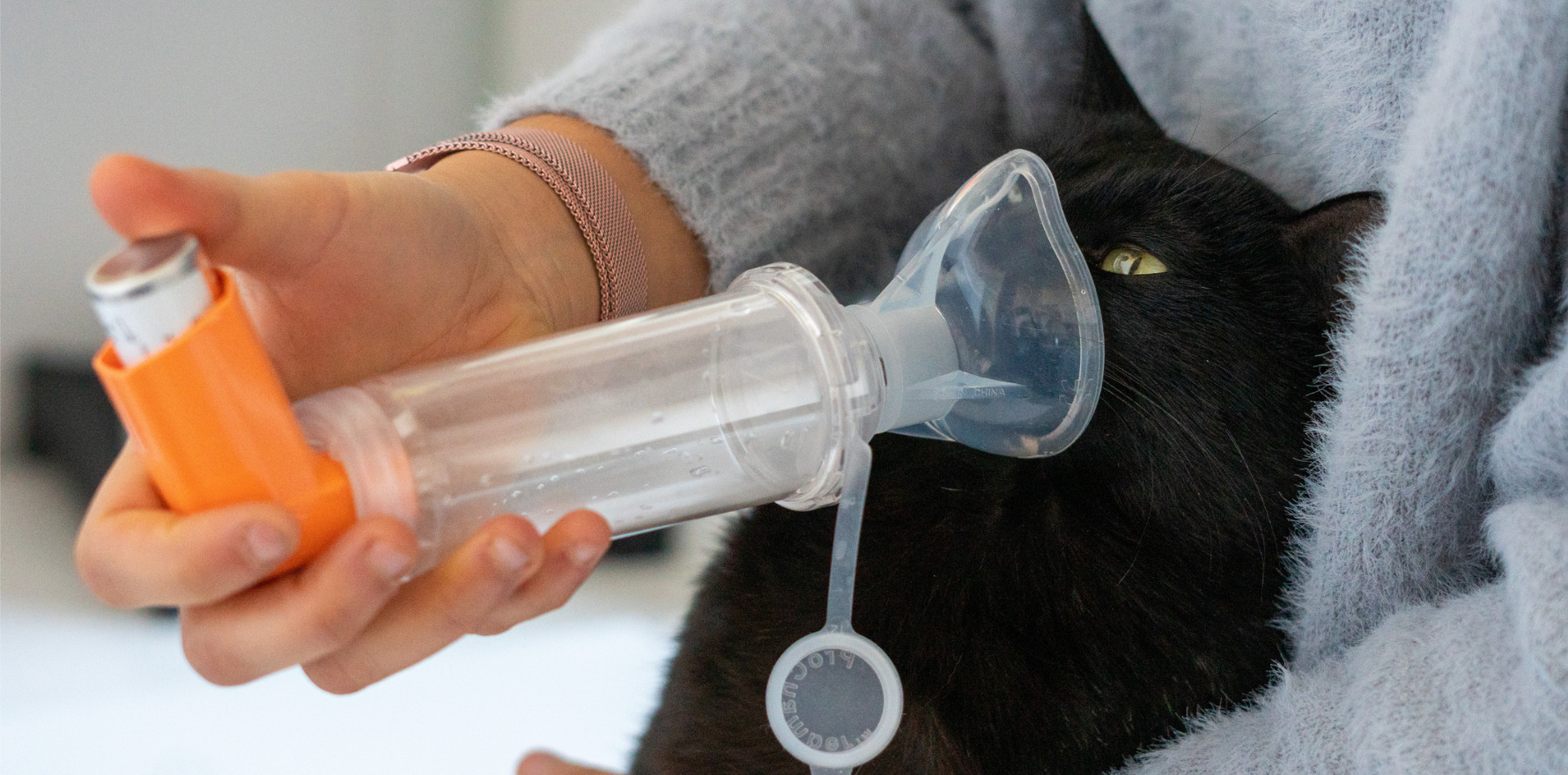A Melbourne study shows that more than a third of children and adolescents with severe asthma achieve remission on biologic therapy – double the rate seen in adults.
Biologic therapy may achieve remission in a substantial proportion of children and adolescents with severe asthma, even surpassing rates observed in adults, Australian researchers say.
Researchers from the Royal Children’s Hospital in Melbourne conducted a retrospective review of patients aged 18 years or less who received biologic therapy for severe asthma.
Their findings, published as a letter in Pediatric Pulmonology, suggest biologic therapy has transformed the management of severe asthma, with benefits including reduced asthma exacerbations and hospital admissions, along with improved asthma control, quality of life and lung function.
“Often, patients are also able to reduce background asthma therapy. The response to biologic therapy can be so profound that some patients are said to be in remission,” they wrote.
“While the definition of remission in asthma has been debated, consensus criteria have been published by the American College of Allergy, Asthma, and Immunology, American Academy of Allergy, Asthma, and Immunology, and American Thoracic Society [herein referred to as consensus criteria].
“A recent analysis of the International Severe Asthma Registry (ISAR), which included data from 23 countries and 3717 participants, reported that 20.3% of people treated with biologics achieved remission. Of note, the definition of remission used in the ISAR study differed from the consensus criteria, with the ISAR definition being easier to achieve.
“Further, the ISAR study only included participants aged 18 years and older. Biologic therapy is approved down to six years of age; however, data regarding the rates of remission in children and adolescents are lacking.”
The researchers set out to help address this knowledge gap with a retrospective review of patients aged 18 years or less who received biologic therapy for severe asthma, treated at the Royal Children’s Hospital, Melbourne.
The electronic medical record was used to identify potential participants, based on the prescription of a relevant medication between August 2017 and August 2023.
The study included 38 patients aged 18 years and under who had been treated with biologics – primarily dupilumab (58%) and omalizumab (37%) – for at least 12 months.
Clinical outcomes showed significant improvements across all measured domains, including a substantial reduction in inhaled and oral corticosteroid use. Notably, five of six patients previously dependent on daily oral corticosteroids were able to discontinue them.
Using consensus criteria, 36.8% of participants achieved remission, while 47.4% met the less stringent criteria applied in the ISAR study.
“These data demonstrate that in this real-world cohort, biologic therapy in children is associated with significant improvements in asthma control and lung function, with associated reduction in both ICS and OCS exposure,” they wrote.
“Further, using the strict consensus criteria 36.8% achieve remission, and using the less stringent ISAR criteria 47.4% achieve remission.
“This is higher than the 20.3% of adults who achieve remission using the ISAR criteria. One potential explanation is that the ISAR study reported the odds of achieving remission reduced the longer a patient had asthma, and hence, earlier initiation in childhood may increase the likelihood of remission.”
Related
These findings align with post hoc analyses of the VOYAGE trial in children aged 6–11 years, in which 41.9% to 45.8% of dupilumab-treated participants achieved remission depending on the asthma control questionnaire (ACQ) threshold applied, the authors wrote.
The authors noted limitations including the single-centre design, small cohort, and retrospective methodology, which precluded causal inferences. Regulatory requirements for prior corticosteroid exposure may have selected for patients with severe baseline disease, potentially influencing outcomes.
“As a retrospective observational study, only associations can be described, and causality cannot be determined,” they wrote.
“It is possible that the improvements observed may be due to the ongoing effect of nonbiological treatments or spontaneous remission that has been observed in longitudinal asthma cohorts.”
Nonetheless, they said their study highlighted that biologic therapy could produce meaningful clinical remission in children and adolescents.
“This information will be useful for families and clinicians when deciding whether to commence biologic therapy, and regulatory bodies when considering how to allocate resources to support biologic therapy,” the authors concluded.
“If validated in larger studies, these data would support the early initiation of biologic therapy to minimize iatrogenic toxicity and maximize the chance of remission.”





